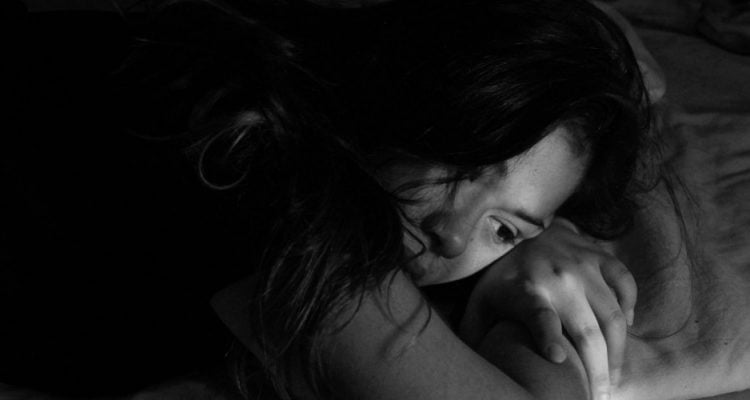One of the worst things about being in an abusive relationship is that you don’t always know that you’re in one.
Abuse can take many forms, and it’s not always obvious to the parties involved that there’s abuse present. Abuse can also happen subtly over time, which can make it seem normal even though it’s not.
This is why it’s important to know the warning signs of an abusive relationship.
When you know what to watch out for, you can protect yourself better and make the right changes to avoid suffering further abuse.
Here are some of the warning signs of an abusive relationship. (Important reminder: Keep in mind that these signs by themselves may not always indicate abuse in a relationship – it all depends on your situation and the severity of these factors. If you’re not sure whether you’re in an abusive relationship, consult someone you trust or a professional counsellor to get an objective point of view.)
- You’re afraid of your partner.
One of the telltale signs of abuse in a relationship is fearing the other person. Perhaps you find yourself tiptoeing around your partner and constantly feel afraid of upsetting them. Or maybe you’re scared of your partner’s mood swings and do everything you can to keep them from being upset.
- You constantly feel humiliated, embarrassed, or put down.
Whether in public or private, your partner might regularly make you feel like you’re not good enough.
- You’re constantly apologising.
You might find yourself constantly apologising and saying “I’m sorry” even for things that you’re not responsible for. Or perhaps you constantly take the blame for things that are not your fault.
- You can’t stand up to your partner.
You’re afraid of standing up to your partner or correcting their mistake. Even providing suggestions or advice might scare you.
- You constantly excuse your partner’s behaviour.
You rarely – if ever – hold your partner accountable for their actions or behaviour, even if you know it’s their fault or responsibility. You might even shrug off personal attacks (physical or non-physical) and keep denying it’s a problem.
- Your partner is very secretive.
Your partner actively keeps secrets and things about their life from you. You might feel like you don’t really know your partner at all.
- You don’t have personal space.
You might feel like your partner is constantly watching or monitoring everything you do, and you feel like you never have time alone. Or perhaps you’re being restricted from enjoying your own hobbies or kept out of opportunities to connect with friends and family.
- You feel threatened.
Whether your partner actively threatens you or you feel threatened in a more indirect way, you constantly feel like something will go intensely wrong if you make a mistake with your partner.
- You constantly feel guilty.
Whether reasonable or not, your partner makes you feel guilty for different things in your relationship. If it gets bad enough, you might even feel scared or unable to leave the relationship, feeling intensely afraid of what will happen to you or your partner if you do.
- You don’t know what a normal relationship is like.
Although no two relationships are the same, you’re not sure whether what you’re experiencing or going through is “normal”. You might accept everything bad in your relationship without a thought, thinking that every relationship has its quirks and negatives.
The different types of abuse
It’s important to notice the signs of abuse in a relationship because not all abuse looks the same. Abuse can take many forms, and it can be anything that harms you or your well-being, whether directly or indirectly.
Abuse can be:
- Physical abuse – e.g. being hit, hurt, or harmed in any physical way
- Sexual abuse
- Emotional abuse
- Verbal abuse
- Psychological abuse
- Harassment – e.g. stalking
- Financial/economic abuse
- Cultural/identity abuse – i.e. using your culture, religion, or part of your identity against you
Remember that disagreements and fights are normal in a relationship. But abuse is not.
In any relationship, it’s important that you realise the distinction between a disagreement/setback and abuse.
Are you being abused in your relationship?
If you’re in an abusive relationship and need immediate help or are in danger, call the police on 000. You can also seek appropriate support in your local area if you need help – here’s a list of support services around Australia.
If you’re dealing with trauma or anxiety from past incidents of abuse and would like some professional support, contact us here to get counselling. We provide counselling for PTSD and other effects of abuse in relationships, and we can help you move your life forward.


